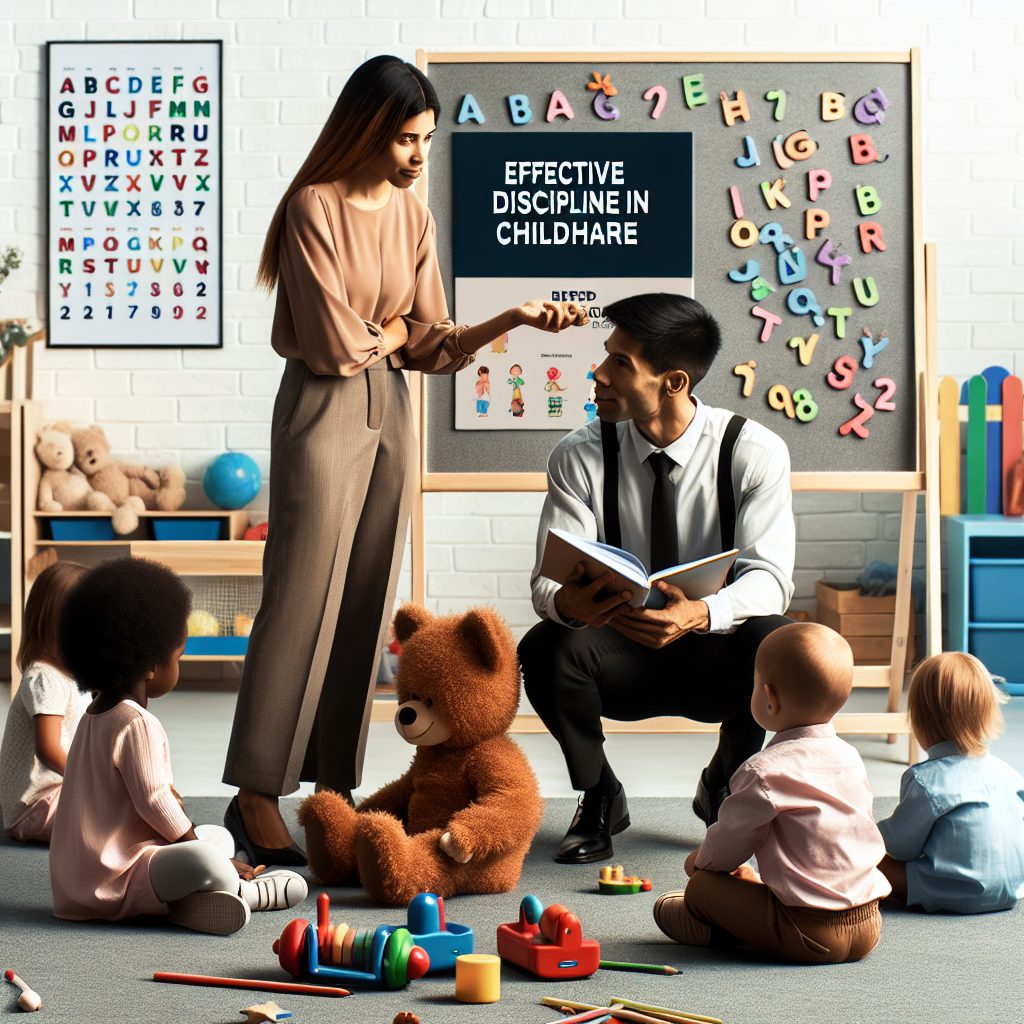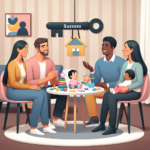Effective Discipline in Childcare: A Comprehensive Guide for Parents and Providers
Disciplining children can be a challenging aspect of childcare, but it is crucial for promoting positive behavior and shaping children into responsible individuals. To effectively discipline children in a childcare setting, parents and providers must work together to establish consistent and fair strategies that encourage good behavior and teach valuable life skills.
Setting Clear Expectations (H2)
One of the first steps in effective discipline is setting clear expectations for behavior. Parents and providers should communicate rules and guidelines to children in a clear and age-appropriate manner. By establishing expectations from the start, children will have a better understanding of what is expected of them and the consequences of their actions.
Consistency is Key (H2)
Consistency is essential in discipline, as it helps children understand the consequences of their actions. Parents and providers should be consistent in enforcing rules and consequences, whether at home or in a childcare setting. Consistent discipline helps children develop a sense of accountability and encourages them to make better choices in the future.
Positive Reinforcement (H2)
Positive reinforcement is a powerful tool in shaping children’s behavior. Instead of focusing solely on punishment, parents and providers should also praise and reward children for good behavior. Positive reinforcement helps children feel valued and encourages them to continue exhibiting desirable behaviors.
Effective Communication (H2)
Effective communication is crucial in discipline, as it allows parents and providers to connect with children on a deeper level. When disciplining children, it is essential to explain the reason for the consequences and offer guidance on how to improve behavior in the future. Open and honest communication helps children understand the impact of their actions and encourages them to make positive changes.
Teaching Problem-Solving Skills (H2)
Discipline is an opportunity to teach children valuable problem-solving skills. Parents and providers should encourage children to think about the consequences of their actions and come up with solutions to improve their behavior. Teaching problem-solving skills helps children become more independent and responsible individuals.
Conclusion
Effective discipline in childcare requires collaboration between parents and providers to establish clear expectations, be consistent in enforcement, use positive reinforcement, communicate effectively, and teach problem-solving skills. By working together and implementing these strategies, parents and providers can create a positive and nurturing environment that promotes positive behavior and helps children grow into responsible individuals. With dedication and patience, effective discipline can have a lasting impact on children’s development and well-being.



